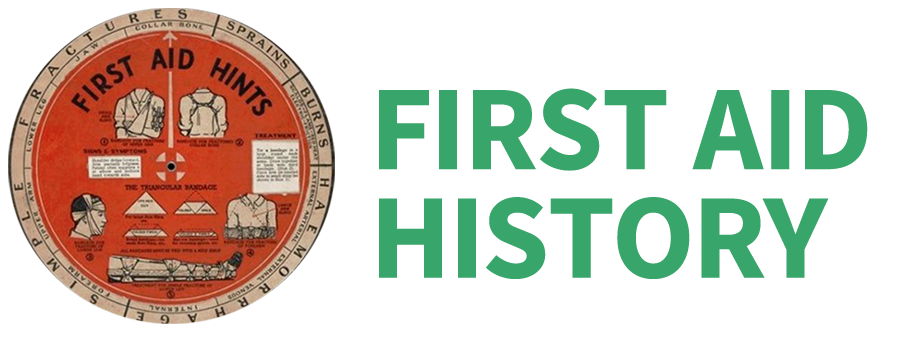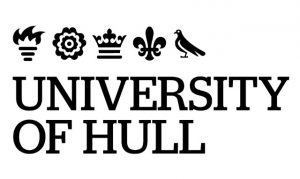Over the past twenty years historians have developed a sophisticated understanding of the growth of primary and secondary healthcare provision in Britain. However, this focus on professional, institutional care has overlooked the history of the personal, voluntary and communitarian forms of healthcare generally known as first aid. Yet understanding the trajectory of non-institutional treatment across the twentieth century, and in particular the effect of freely available universal health provision on the willingness of the public to self-treat minor injuries, can help to illuminate the boundaries of state provision, individual responsibility and voluntary action in the era of welfare states. Moreover, tracing the fate of first aid provides an opportunity to inform responses to the current crisis in the British National Health Service, especially recent heavy demands on GP surgeries and accident and emergency departments.
Currently, there is a lack of literature on first aid written by historians. A humanities approach offers a more rounded view of first aid, examining memories and reflections of first aid practice along with traditional archival research. Our methods include examining documents in archives of the British and French Red Cross, the International Federation of Red Cross and Red Crescent Societies, St John Ambulance, the National Archives in Britain and the National Library in France, British and French local archives, and the Mass Observation Archive in Sussex. Further research explores educational books and films, and oral testimony, in order to investigate the policy and techniques of first aid over 80 years. In addition to social, cultural, economic and political history, our approach is informed by sociological concepts in relation to the boundaries of knowledge between differently trained people. How are safe practices chosen for the public, while preserving the status of trained professionals? Which objects and practices are the medical profession willing to share and which are the public willing to use? A key part of our research and dissemination has been the use of re-enactments in order to understand and explore first aid techniques in the First World War, at the seaside in the interwar period, the Second World War, and during the Cold War.




